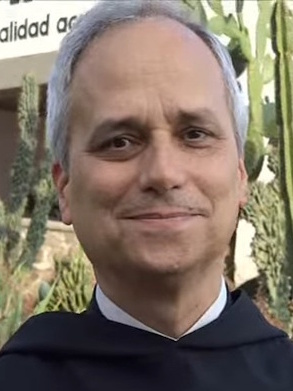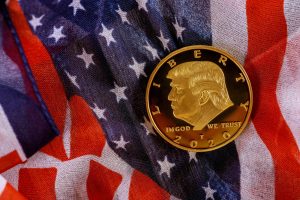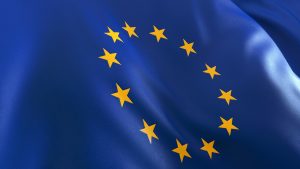On May 8, 2025, history was made as Cardinal Robert Francis Prevost from Chicago was elected the first American pope, taking the name Leo XIV. Applause erupted in St. Peter’s Square, and congratulations poured in from leaders across the globe, including a surprisingly warm message from U.S. President Donald Trump, who hailed Leo’s election as “a great honor for our country.”
But beneath the ceremonial goodwill lies a tension already beginning to show.
Leo XIV, though born in the American Midwest, is not a product of the “America First” worldview. He spent most of his life serving impoverished communities in Peru, speaks Spanish fluently, and has described himself first and foremost as a missionary. His tone—measured, humble, and globally oriented—is a direct counterpoint to the muscular nationalism that defines Trump’s foreign and domestic policies.
A Quiet Reformist with Global Roots
While Leo’s demeanor is far from combative, his first words as pope were revealing: a call for peace, inclusion, and bridge-building. His background as head of the Vatican’s office for bishop appointments under Pope Francis places him ideologically close to his predecessor—focused on poverty, migrants, environmental protection, and decentralizing Church power.
He’s not an ideologue, but he is principled. Those principles may inevitably put him at odds with the Trump administration, especially on:
- Immigration: Leo has lived among migrants and the poor. His pastoral approach conflicts with hardline border policies.
- Climate change: Like Pope Francis, Leo has emphasized stewardship of the Earth—an issue the Trump administration has repeatedly downplayed.
- Social justice: With his deep connection to Latin America, Leo is likely to speak out for marginalized populations, even when it challenges political narratives.
The Trump Dilemma
President Trump may celebrate the fact that the new pope is American, but Leo XIV’s globalist and moral-first perspective could become a quiet but persistent counterbalance to Trump’s rhetoric. His ability to speak directly to American Catholics—particularly those who lean conservative—gives him a platform that Francis never fully accessed.
And there are early signs of friction. Posts allegedly linked to Leo’s social media account surfaced shortly after his election, criticizing Trump-era policies and the theology espoused by Vice President JD Vance. Though not confirmed by the Vatican, these posts quickly circulated among conservative Catholics and Washington insiders, fueling speculation about the ideological gap.
Bridging or Widening the Divide?
Pope Leo XIV’s leadership raises an important question: can a spiritual leader who shares a passport with a polarizing president offer a unifying moral vision that transcends nationalism?
Some analysts believe Leo’s American identity might temper confrontations with Washington, giving him a unique position to influence without alienating. Others argue that being American may simply make his disagreements with the Trump administration more visible—and potentially more volatile.
Either way, Pope Leo XIV’s papacy is poised to test the boundaries between faith and politics, nationalism and moral leadership, America and the world.
In a moment when populism and protectionism are resurgent, the quiet voice from St. Peter’s Basilica might just become one of the most globally resonant counterpoints to “America First.”
By Eja Encontro Juvenil Agostiniano Agostiniano – https://www.youtube.com/watch?v=nfnGuizx-6E, CC BY 3.0, Link







